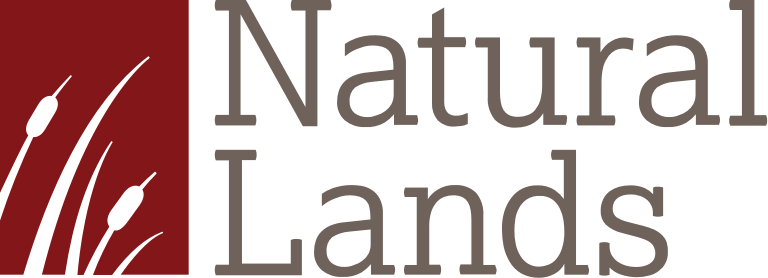Mariton: The Cure For What Ails You
by Tim Burris, Preserve Manager
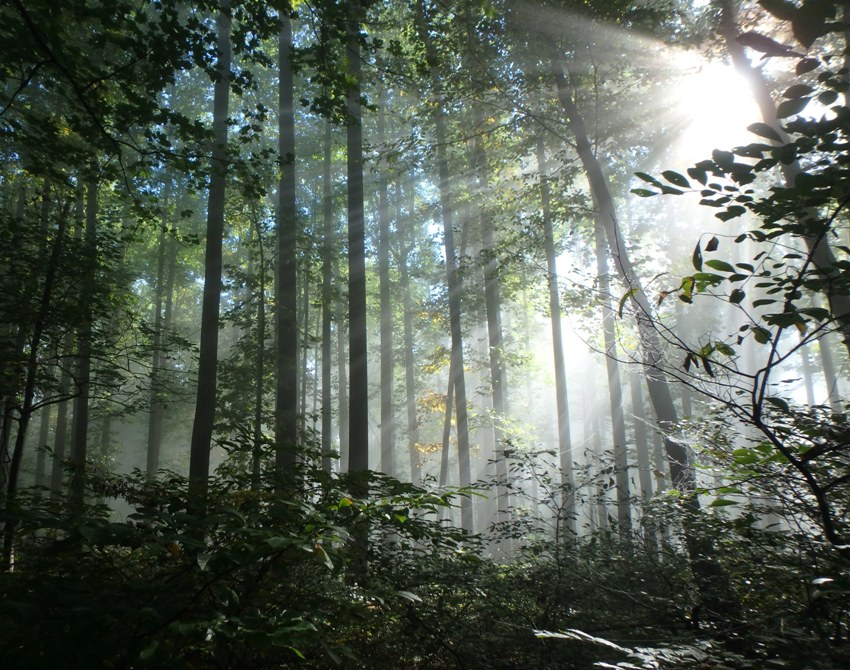
In the late nineteenth century, Dr. George Beard wrote about a new disease that was affecting people during the industrial age in the Northeastern United States. The disease was called Neurasthenia, which would become better known as nervous exhaustion. As people left the country to find work in city factories many suffered from malaise and other maladies. Dr. Beard attributed this to the stress of modern life (time clocks, railroads, traffic, noise, and lots of people in confined spaces). William Henry Harrison Murray was a preacher at the time in New England. He regularly hunted and fished in the Adirondacks, and always came home refreshed and rejuvenated. He also recognized and appreciated the health and vigor of the guides that led him through the wilderness. From the pulpit and his writings “Adirondack Murray” began to espouse that a cure for Neurasthenia was spending time in the wilderness. His writings were so popular that thousands vacated their homes in the summer to venture to the wilds for their health. The Adirondacks subsequently became one of the first areas to set up sanitariums for the sick, using fresh air as a major component of treatment. Adirondack Murray can be included with the likes of John Harvey Kellogg and others who advocated escaping to the country for better health. (Theodore Roosevelt was likely aware of this movement.)
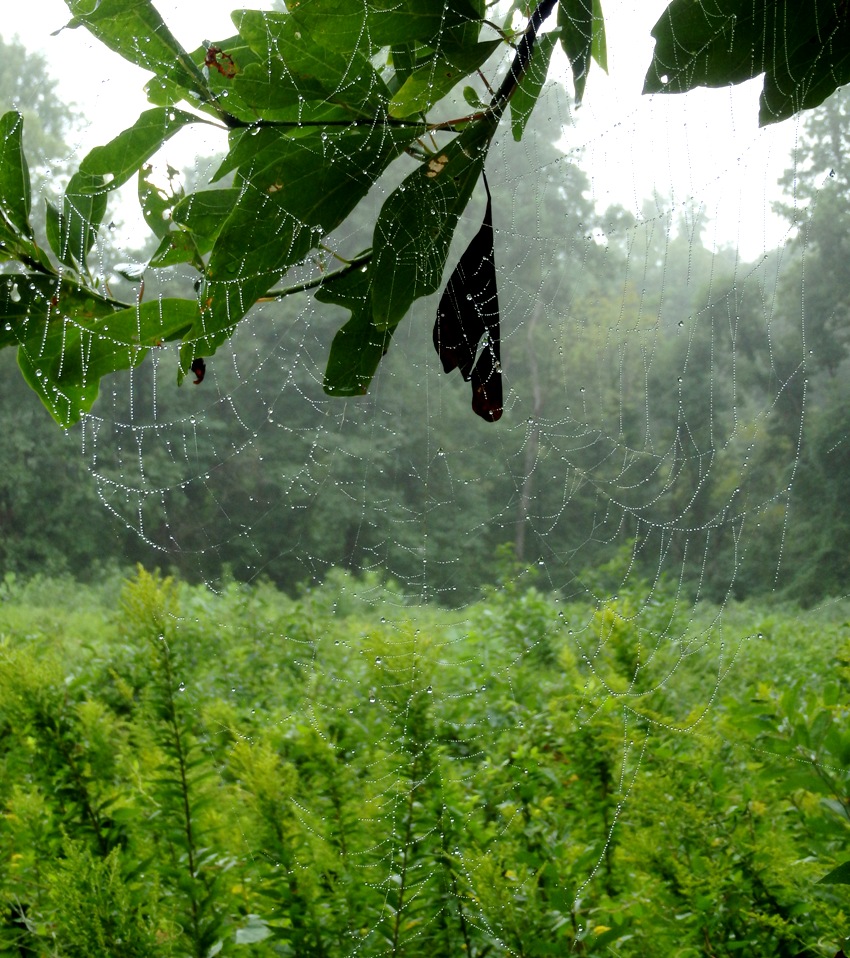
Fast forward one hundred and thirty years, research is now finding scientific backing for the healing powers of nature after surgery, and to treat other illnesses. Family doctors are now prescribing “a walk in the woods” (without the cell phone) for things like ADHD, confidence, balance, and general health. Call it Neurasthenia or the malady of the week, but the cure is still the same: we need to unplug from the modern world and reconnect with nature.
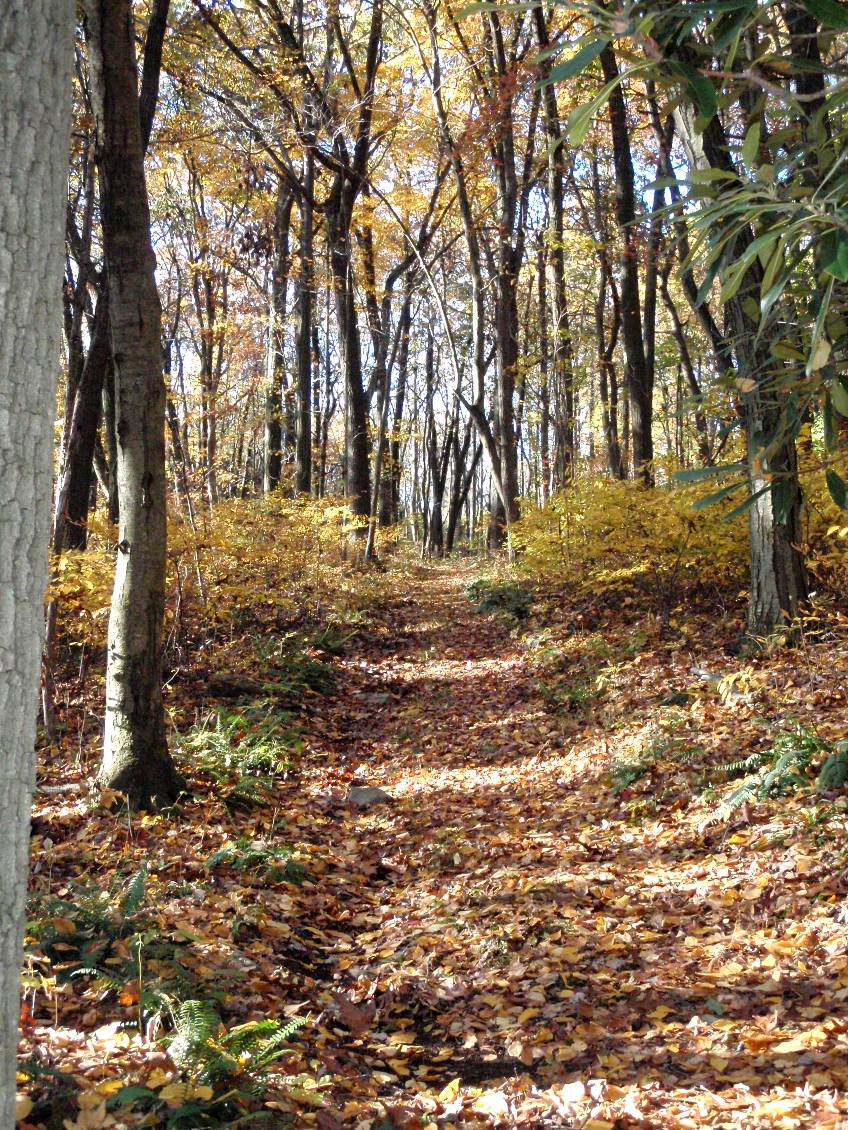
“Wilderness to the people of America is a spiritual necessity, an antidote to the high pressure of modern life, a means of regaining serenity and equilibrium.” -Sigurd Olson
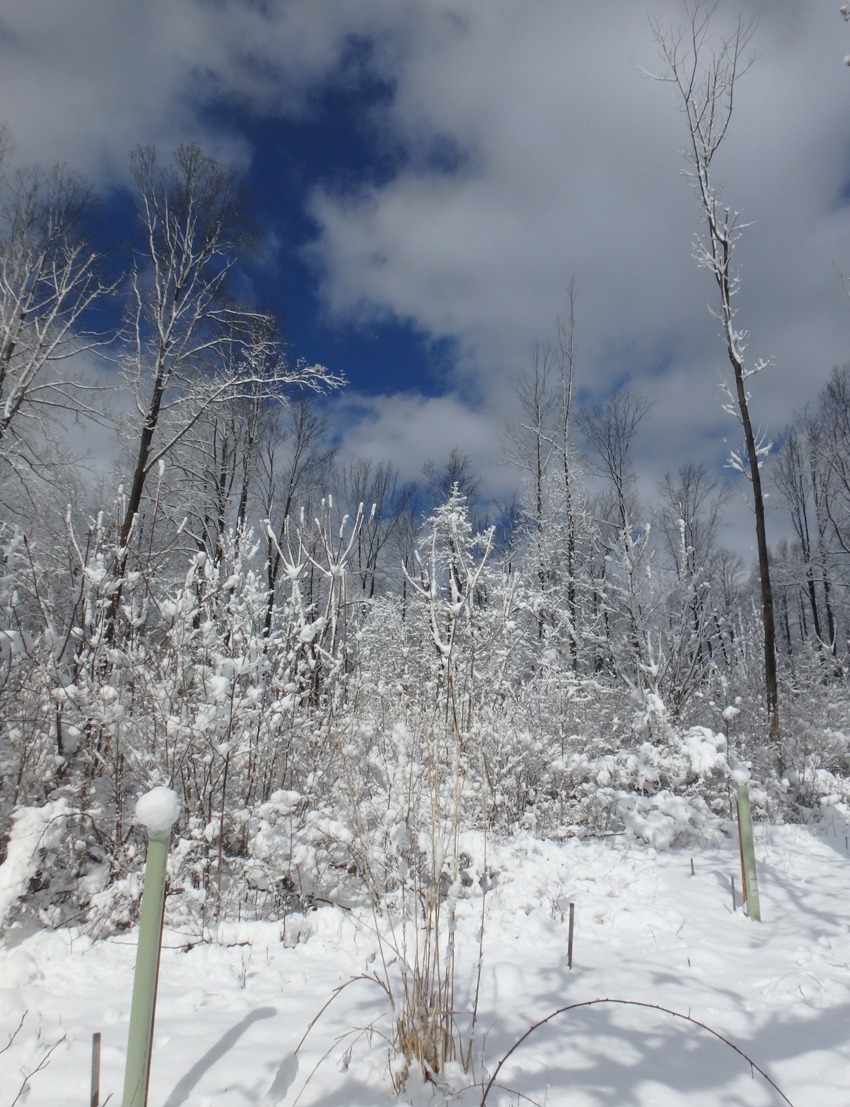
As a species, we have spent more time in the wilds than in the modern world. So, it should be intuitive that wilderness is embedded in our DNA. We shouldn’t be surprised that we are injured when we tear wilderness from our souls, any more than we would be surprised if we wrenched the heart from our chest. (I surely got this idea from a great author, but I can’t find any source to attribute it to.) I will paraphrase Thoreau’s “Simplify” declaration: “Unplug, unplug, unplug!” – and take a walk outside.
